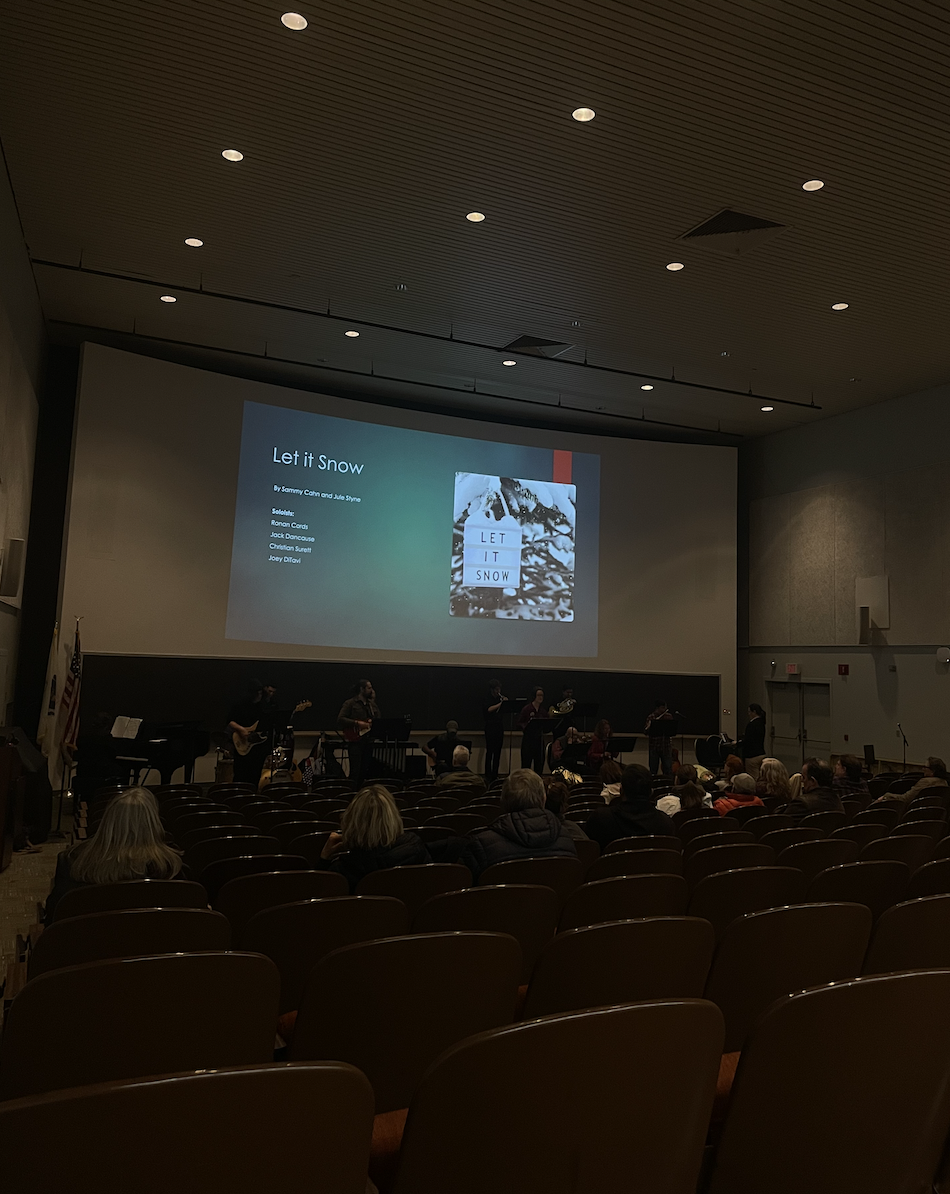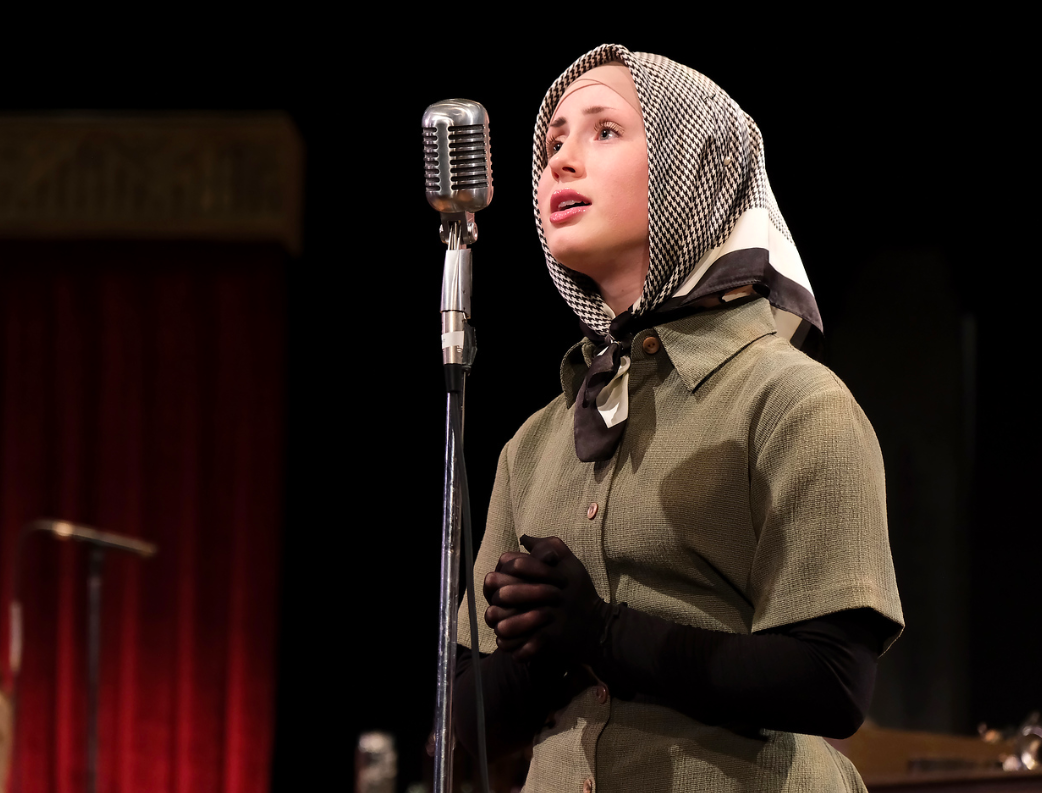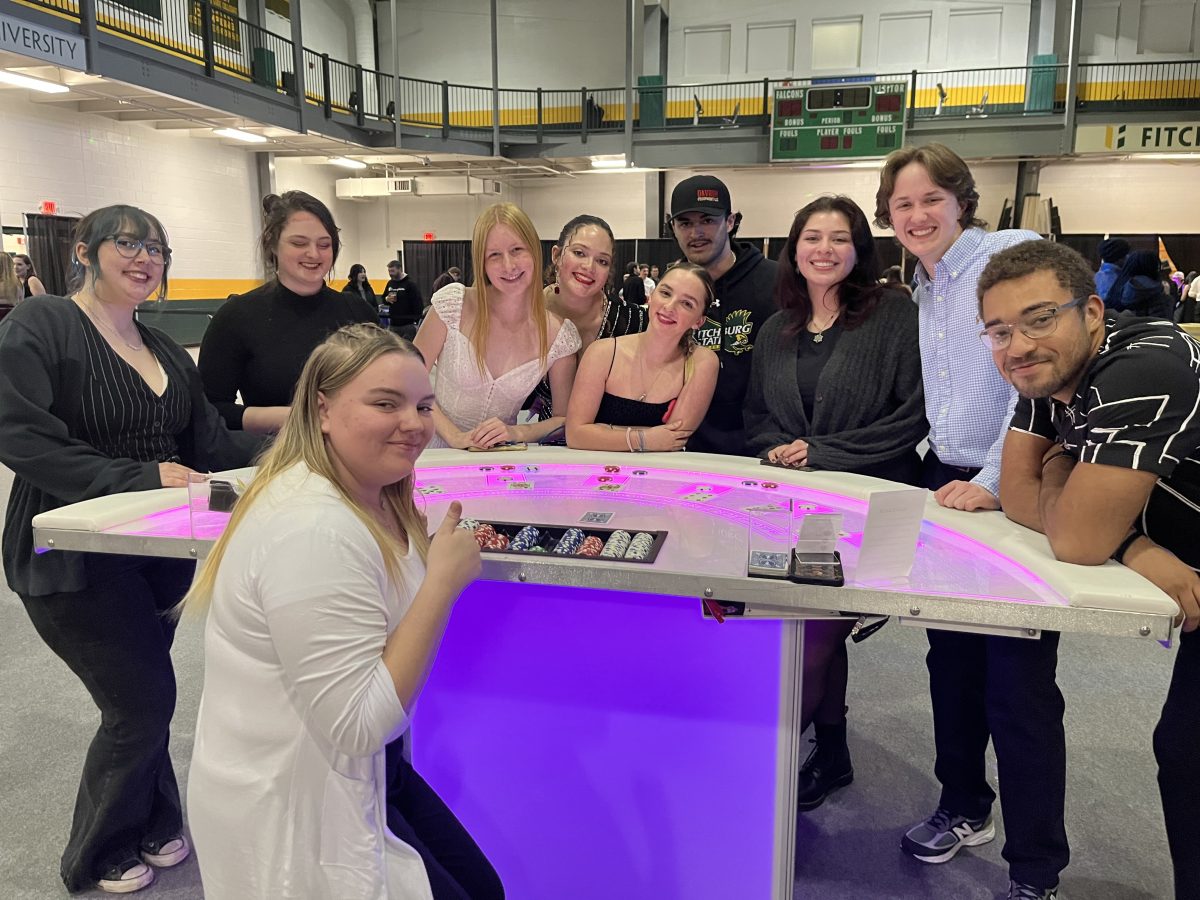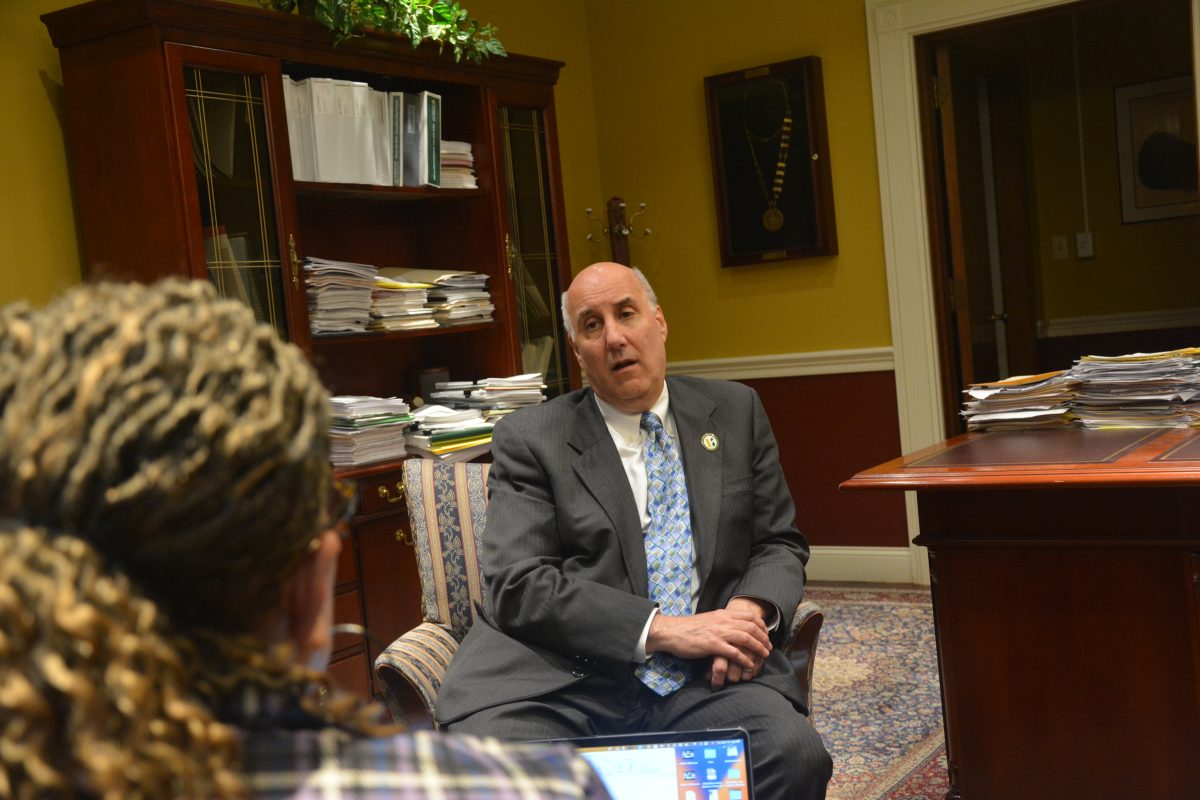
By Shayla Beley
1 in 4 women have been raped or have suffered attempted rape. What you just read was a statistic presented at an educational forum, the FAVE Conference, which was held here at Fitchburg State University toda.
FAVE, or Fitchburg Anti-violence Education, is a group whose goal it is to create a safe environment on campus.
By promoting healthy relationships and empowering and supporting those who have or are experiencing violence, the group hopes to free the community from both interpersonal and relationship violence, as well as sexual assault and stalking.
The four main values of the group are respect, acceptance and appreciation, education, coordination and collaboration and support.
The conference was comprised of workshops led by community and national experts. The education of these workshops consisted of “campus-based prevention of interpersonal and relationship violence and sexual assault, as well as providing support to survivor,” as stated on the school’s website.
There were 10 workshops offered to participants: Men, Masculinity, and Mixed Messages, Partner Abuse and Sexual Violence in LGBQT Communities, Recognizing and Responding to Abusers: Myths, Profiles, and Interventions, Incorporating Information about Interpersonal Violence in the Undergraduate Classroom, Bystander Intervention and Drawing the Shades, Trauma and Recovery: Basic Theory and Intervention Skills for Working with Survivors of Violence and/or Abuse, Healthy Relationships 101, SANE Nursing: The Good, the Bad, and the Ugly, Now What? Navigating the Support Services for Victims/Survivors on Campus, and A Write to Heal with Lisa Regina.
The first forum was Men, Masculinity, and Mixed Messages. The aim of this forum, run by Robert Hynes, PhD, was to examine what our society considers to be the skewed criteria and definition of “masculinity”, or more specifically what a man “should” be like.
Not only that, but also how factors of that criteria can attribute to, and increase the likelihood of sexual assault, domestic violence, sexual harassment and other gender violence, while stressing the importance, as Hynes emphasized, “but NOT as an excuse for the violent acts,” simply to, “have a clear understanding of the male-gender struggle.”
The forum consisted of some statistics regarding sexual violence against women nationwide and on campus/other campus’ and another on the emotional state of men on our campus in the past year, advertisements from way back when to today, portraying what “men” should look/act like, awareness of actions that can be taken prevent/lessen what is happening, and a few videos including, but not restricted to, Jackson Katz “Socialization of Young Males” and a commentary clip from “Hip-Hop Beyond Beats & Rhymes” Byron Hurt’s “Loving Critique of Hip-Hop’s Misogyny.”
The second forum attended was Lindsay Carpenter’s Healthy Relationships 101. The goal of this forum was, as stated in the conference packet, to “help participants identify their own priorities in relationships, how to identify early warning signs that a relationship may become unhealthy or abusive, as well as what to do if they see these red flags in their own relationship or those of friends or family.
The list, comprised by those who participated in the forum, included priorities of what people thought were needed healthy relationship. The list included respect, honesty, understanding, flexibility/openness, understanding, communication (including really listening and comprehending, not just hearing), equality, valuation, forgiveness, and accountability.
Being cared for/loved/treated special, trust, loyalty/faithfulness, and supportive were also amongst the list.
After discussing the list and why each attribute was important in a healthy relationship, Carpenter made a few good points like: “If they have a quality you wouldn’t want in a friend, why put up with it in a relationship?” “Keep in mind, people only change if they really want to”, “If you have rights, you have responsibility, and “If you expect something, be able to dish it out.”
Following that discussion, there was an exercise meant to teach an awareness of what is healthy, unhealthy, or abusive in a relationship. In the exercise, each person is given a piece of paper with a scenario that could happen between a couple. One by one, each paper is taped to the appropriate column, and the reasoning for choosing which of the three columns is stated.
The forum ended with a reminder that abuse takes time, which is why looking out for warning signs is so important, the definition of abuse, and information on where help can be found for anyone who needs it/friends or family who may be in need of it.
The conference ended with an amazing forum run by Lisa Regina, a survivor, an educator and actress whose personal life and career were brought to a halt as a result of a domestic violence assault. She explained what exactly had happened to her, how it affected her, hard it was, and mostly, how she overcame it.
Memorably, she recited two beautiful poems/monologues she wrote, when the violence had happened, and one when she emerged, a stronger, empowered person.
Regina explained how her A Write to Heal (a non-profit program for women who have suffered/are suffering from domestic violence created as an outlet, and a way to heal that’s less traditional but very healthy) came to be.
She stressed the importance, and her appreciation towards, bystander intervention and the knowledge that no matter your background, or upbringing, etc. abuse is a choice.
As was her story and words, the FAVE conference was enlightening, helpful and most certainly had a positive impact on those who attended, and hopefully, in turn, the campus and community.






